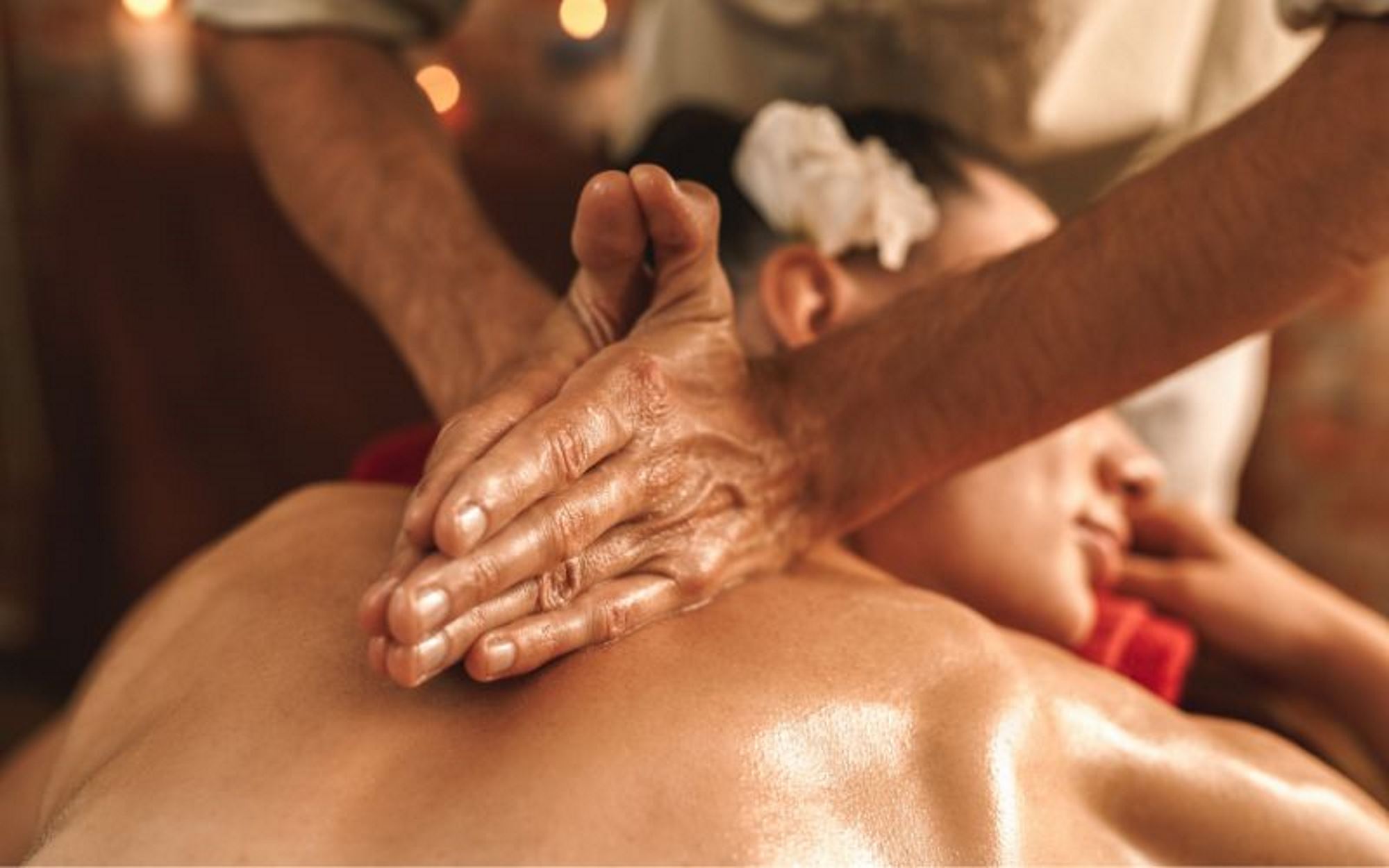
Take a voyage back to the ancient corridors of wellness, and one particular Ayurvedic practice will stand out like a time-honored beacon of self-care - Abhyanga massage. Rooted in centuries-old traditions, this ritual carries with it a tapestry of physical, mental, and emotional benefits. As wellness becomes increasingly synonymous with self-empowerment, the allure of Abhyanga is hard to resist for health-conscious individuals seeking harmony in their lives. We’re exploring everything you need to know about Abhyanga massage and how to integrate it into your wellness routine.
The Foundations of Abhyanga
Abhyanga, which literally translates to “application of oil,” is far more than the sum of its parts. It hails from the annals of Ayurveda, a holistic healing system that originated in India. This venerable practice balances the bodily systems, fosters longevity, and ensures health by integrating the physical, mental, and spiritual elements of the self. Emanating from these philosophies, Abhyanga is a ritualistic full-body massage that marries intention with touch, using warm, herb-infused oils to nurture the skin and soothe the soul.
The Multifaceted Benefits of Abhyanga
Engaging in regular Abhyanga offers a plethora of advantages that extend beyond the massage table. Physically, it fosters supple skin, enhances circulation, eases muscular tension, and can also aid in lymphatic drainage. Mentally, the slow, deliberate movements of Abhyanga promote grounding, calm, and an overall sense of well-being, while modern science is uncovering its ability to lower stress hormone levels and support better sleep.
When it comes to the deep tissue benefits, understanding what deep tissue massage is paints a more comprehensive picture. Unlike Swedish massage, deep tissue techniques target the inner layers of your muscles and connective tissues, making it an ideal complement to the Ayurvedic wisdom of Abhyanga. The deep pressure used in such methods aligns with the ancient goal of releasing physical and mental knots and allows the recipient to experience true relaxation and emotional release alongside physical healing.
At-Home Abhyanga: Your Personal Recipe for Rejuvenation
Thanks to its accessibility, Abhyanga can become a cherished part of your daily self-care routine. Carving out time for self-massage is an act of self-love that only requires your favorite oil, warm towels, and a quiet space.
Detailed reinforcement of the technique and approach is crucial to experience the full spectrum of benefits. Begin in a comfortable space and heat the oil to a warm, but not scalding, temperature. The methodical strokes should follow the body’s strategy by working in the direction of the heart, with extra attention to the joints and vital points, awakening the senses to a world of relaxation.
It’s paramount to note that while Abhyanga is generally safe for most individuals, you should observe certain precautions. These include avoiding massage over areas with wounds, rashes, or current infections, as the increased circulation from Abhyanga could exacerbate these conditions. Furthermore, pregnant individuals and those with certain health conditions should seek professional guidance before commencing regular Abhyanga practice. This is everything you need to know about Abhyanga massage to get started and understand if this self-care ritual is beneficial to you.